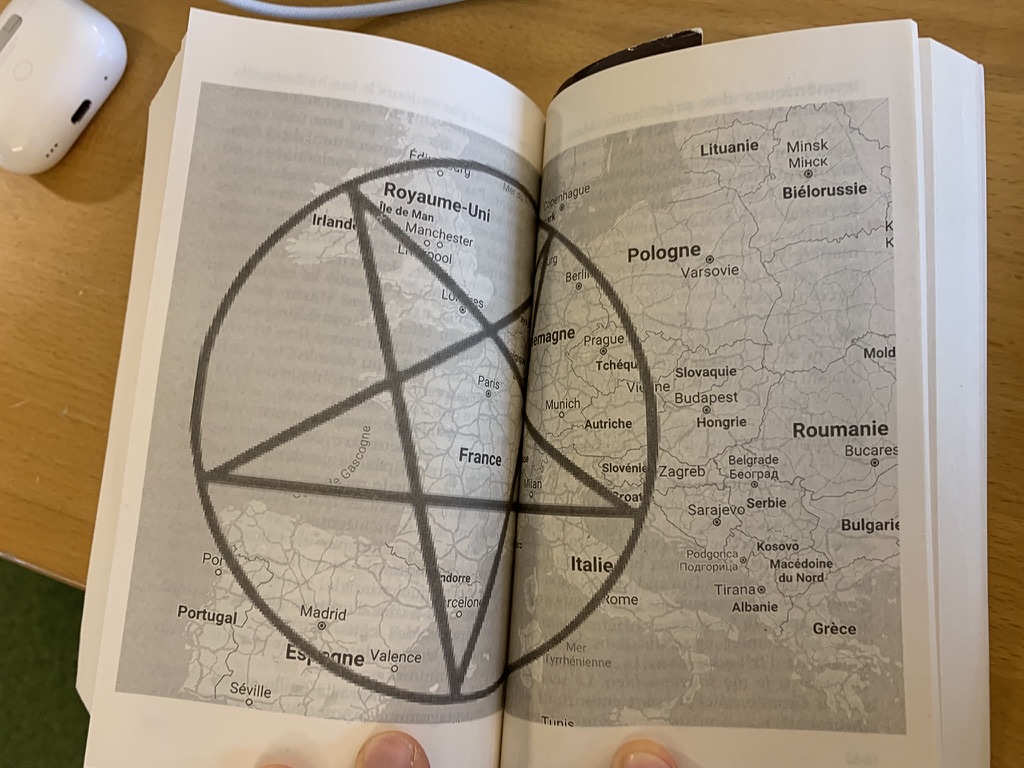215 years ago, in the year 1810, not-yet (but soon to be) King Ludwig was wedded to the (probably?) beautiful Therese Charlotte Luise of Saxony-Hildburghausen (or maybe not so beautiful? They didn't yet know about DNA and all that...). The official wedding took place on the evening of October 12th (a Friday -- you can look these things up! [or quickly calculate it in your head if you are some kind of polymath]) and the celebration of the new marriage continued for five whole days where all the people (well I doubt ALL the people; I'm sure also back then if you weren't rich and well-connected nobody cared about you) of the city of Munich were invited to partake in the festivities.
Said festivities presumably included drinking beer (monks had been brewing beer in Munich since the 14th century after all) but the big hit at the OG Oktoberfest was the inclusion of horse races (I know right?). The horse races were such a big hit in fact that the city organizers couldn't have not run the whole thing again the next year (there was gold to be bought you know). While horse races were the advertised main draw, the beer of course was also an important element of the festival. It wasn't until towards the dusk of the century, however, (why does it sound normal to say "the dawn of time" or "the dawn of the century" but dusk doesn't seem to be typically allowed to be used in such a metaphor? unfair for a good word that has kept its head down just doing its job for so long) that the beer stands were replaced (in 1896) with the huge brewery-sponsored beer tents that we know and love to this day.
There are people (cough, cough, Americans) who like to point out (since they once visited the Oktoberfest) that isn't it crazy that it's called the Oktoberfest but it takes place in September!? Like look how clever and traveled I am that I know this. But honestly the weather in October is just too cold and unpredictable and while you do spend the bulk of your time sitting inside a very warm tent nobody wants to be cold on the way to and from the Wiesn! (fun fact: the Oktoberfest takes place on the Theresienwiese which translates to "Therese's Meadow" named after the erstwhile bride which is as the name so cleverly suggests a giant meadow in the middle of the city and for some reason the locals just call the Oktoberfest the "Wiesn").
But in my eye, though the festival has existed for more than 200 years and very much in its current form for more than 100, the Wiesn really peaked in the year 2013. I think that I've gone every single year at least once since then, but it's never been as good. Why not? It definitely has nothing to do with my age.. that's for sure.
It's hard to imagine now, but 2013 was probably the last time that not every single person there had a smartphone that they were completely absorbed in. Yes, the iPhone was introduced 6 years before that and most people had a phone of some kind. Instagram had existed for almost 3 years but it was still primarily a way to share photos directly with our friends and family. There was no TikTok, the camera quality was meh, there wasn't enough disk space or mobile data to share videos, the UX model was less addictive, and cultural norms were different; it would be weird to just sit there scrolling through your phone. As smartphone saturation arrived, it changed crowd behaviour, people became more "show-y", and social media like Instagram began to attract people to major events like the Oktoberfest not because they wanted to go and have fun, but because they want to film it and make it look like they have a full life. Which leads to the next reason that 2013 was peak Oktoberfest...
More people meant more commercialization, overcrowding, rising prices (you could get a Maß [1L] of Oktoberfest beer along with a tip for under 10 Euros in 2013; now it's more like 18 Euros), and worst of all: more Americans. Oktoberfest always attracted a lot of Americans, but now there are even more. No thank you.
Another unfortunate thing that has led to a less enjoyable experience (the terrorists truly won) is that major high-profile terror attacks in Europe like Charlie Hebdo in Paris in 2015 and the Berlin Christmas Market attack in 2016 have resulted in the requirement of all kinds of additional security procedures to be put in place. These are obviously important but make getting into the venue like going to a concert or something where you're not literally stuck but you're not going to go to the trouble to leave and come back.. but even in the first place if you decide to go for let's say one beer or a meal at lunch one day it doesn't really make sense because you need to stand in the ONE single entry point queue where the security guards / police can check everyone coming in and this can take up to half an hour! In 2013 you could walk up out of the U-Bahn and just be in the Wiesn. Booooo to terrorists.
Funnily enough, while I'm bah humbug! about Oktoberfest now, I have come to enjoy the Christmas markets which wasn't always the case! (see "Christmas is coming" on GWMD, Nov. 20, 2014)






















